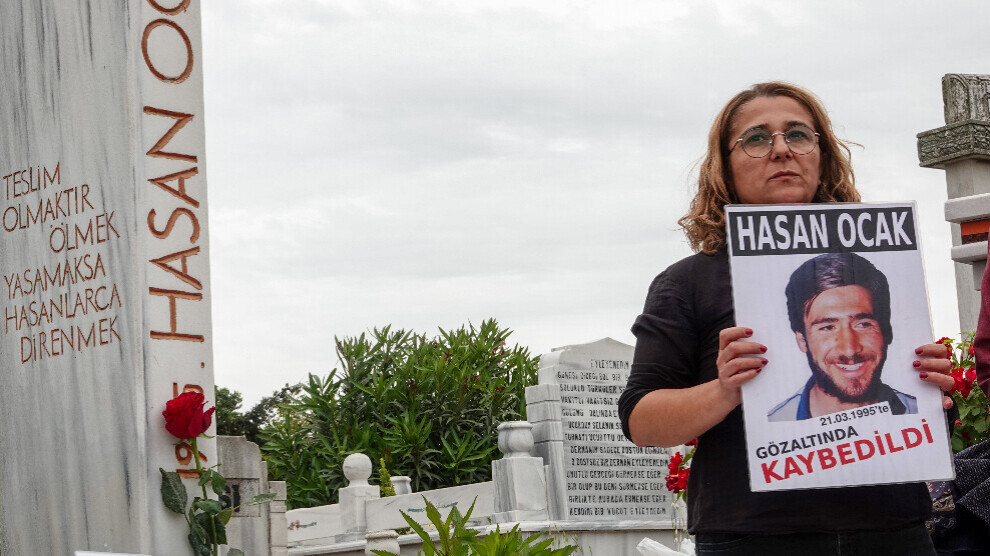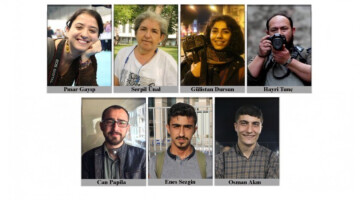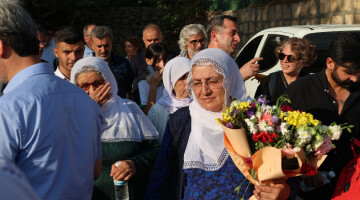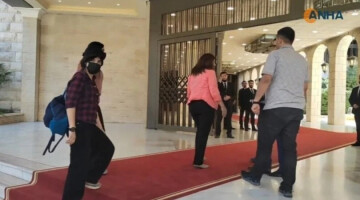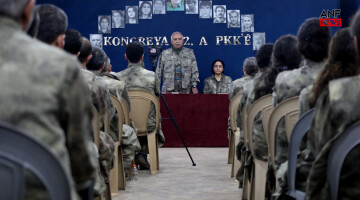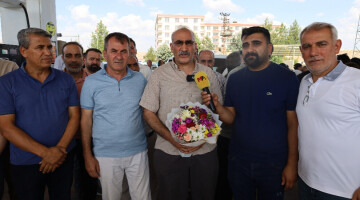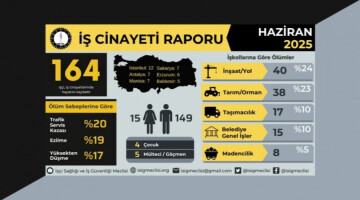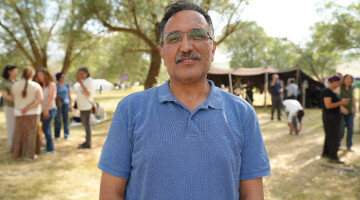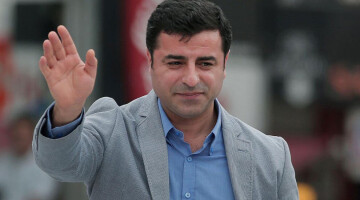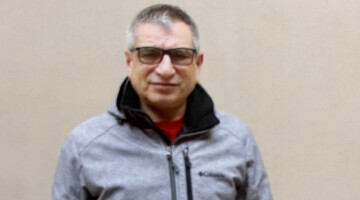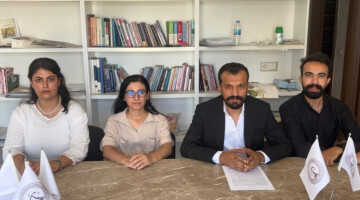This week the 1000th protest of the Saturday Mothers Initiative will take place in Istanbul. With the Saturday sit-in, relatives of the disappeared and their supporters are demanding justice for the countless people who have disappeared in custody in Turkey. These people were abducted, tortured, murdered by state authorities and then buried, thrown into acid wells or cemented into the foundations of military installations. The relatives put their finger in a deep wound and so it is no coincidence that the Saturday Mothers were repeatedly subjected to violence. Since the 700th week, the protests have been repeatedly attacked. On 25 August 2018, the then Turkish Interior Minister Süleyman Soylu banned the sit-in on Galatasaray Square.
The ban was a violation of the law
Although the Constitutional Court classified the decision to ban the sit-in as a violation of rights, the repression continued and some mothers over 80 years old were dragged from the square with their hands tied behind their backs. But thanks to their persistence, the Saturday Mothers were finally able to hold their sit-in again. However, the arbitrariness continues. Particularly at the 1000th vigil, the number of participants should be limited to ten people. Maside Ocak, the sister of one of the disappeared, Hasan Ocak, spoke to the ANF about today’s sit-in.
A day we will never forget...
Maside Ocak’s brother, Kurdish teacher Hasan Ocak, disappeared on 21 March 1995 after his arrest. His family is still fighting for justice today. The lives of the then 19-year-old Maside and her cheerful family changed from one day to the next. Maside Ocak said: “Hasan was a teacher, but he was not given any place. So he ran a tea-house in a business district in Beyazıt. He got up every morning at 5:30 a.m. and went to work. On 21 March, like every morning, he went to work without waking me. While I was at school, he called my mother and told her that he was bringing fish home that evening. That day was my sister Aysel's birthday. My mother had prepared soup and salad, we waited until late evening, but Hasan didn’t come home.”
“His arrest was denied despite the many witnesses”
Maside Ocak said that it was clear that something was wrong that same evening. The family first went to hospitals and called the police the following day. At that time, the length of detention was 15 days and it was common for arrests to be denied for up to six days. Ocak continued: “After a back and forth between the police, the public prosecutor and the state security courts (DGM), we publicly announced on 30 April 1995 that Hasan had disappeared. Despite public pressure and witnesses confirming that Hasan had been detained, his arrest was denied by then-Interior Minister Nahit Menteşe, Istanbul Governor Hayri Kozakçıoğlu, Police Director General Mehmet Ağar and Istanbul Police Chief Necdet Menzir.”
Evidence of arrest
After 58 days of persistent searching, Hasan Ocak's body was found with severe signs of torture in an cemetery in Altınşehir. Maside Ocak said the discovery report stated that he had no ID card, belt, watch or shoelaces and that there were ink stains on his fingers, which was clear evidence that he was in custody.
“Hasan always gave us security”
During the campaign to find her brother, Maside Ocak met the relatives of other “disappeared people”. Inspired by the Argentine Mothers of Plaza de Mayo, the Saturday Mothers began with a silent vigil in Galatasaray Square. 1000 weeks have passed since then. Ocak said: “Hasan was a haven of refuge for all of us. He was our confidant. There were no arguments or disagreements in our house, there was always the sound of Hasan's saz and the folk songs we sang. We were such a family. We want all of our disappeared people to be found and for justice to be served. Our mourning will end with the end of impunity and a grave for our missing people. Our lives are determined by the absence of graves and by impunity. We will not give up our fight until justice is served.”
“We want everyone to be able to demand their rights in Galatasaray Square”
Participation in the 1,000th sit-in today has been limited by the governor's office to ten people and will take place behind police barriers. Ocak said: “This is the level our country has got to. We have to call on the state and the government to abide by the law. As with our protest in the 699th week, we want the police barriers to be opened and the restriction to ten people to end. Because of this restriction, many relatives of the disappeared cannot display the pictures of their loved ones there. The limit of ten people conveys to the families of the disappeared that only ten relatives of the disappeared have the right to request information about the whereabouts of their relatives who have disappeared in custody. This is an enormous burden of conscience for us. We don’t want to experience something like that and we want all the relatives of the disappeared to be able to meet in Galatasaray Square and bring the pictures of their relatives with them.”

